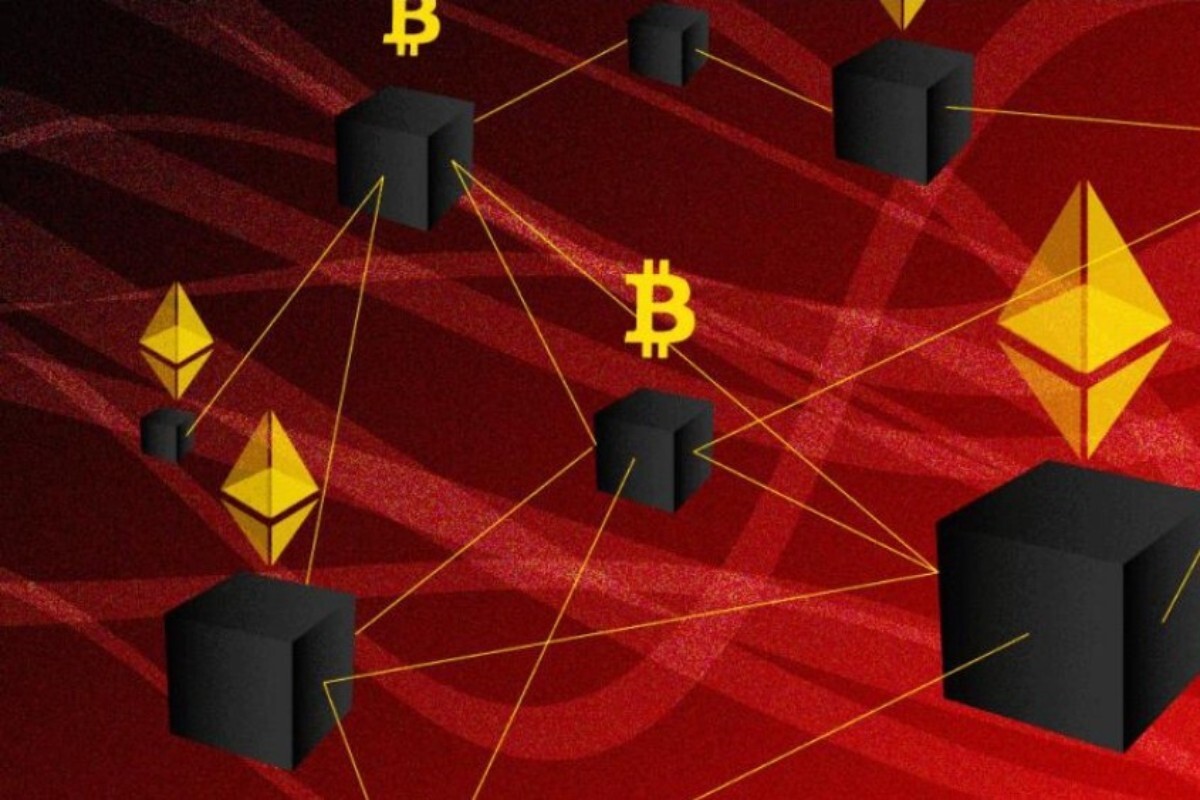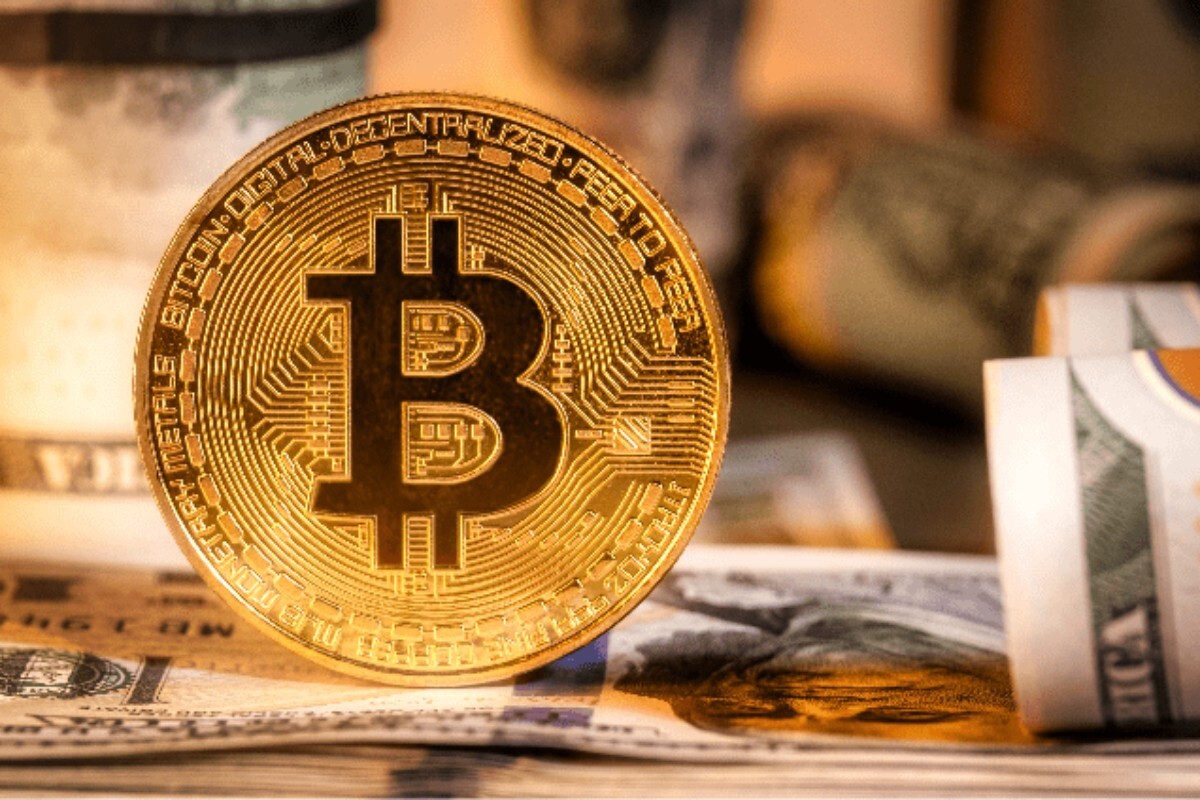- Trump’s tariff announcement wiped $490M from crypto as Bitcoin and Ethereum prices plunged sharply.
- Fear overtook sentiment while correlated stock sell-offs deepened crypto’s downward momentum.
The cryptocurrency market saw intense volatility in the past 24 hours, sparked by U.S. President Donald Trump’s sweeping new tariffs.
These included a minimum 10% duty on all imports, with higher rates for key partners like China (34%), Japan (24%), and the European Union (20%).
As the news broke, both traditional and digital markets reacted quickly. Bitcoin [BTC] dropped from $88,500 to $83,500, while Ethereum [ETH] fell from $1,934 to under $1,800 at the time of writing.
Moreover, the total crypto market cap slipped by 2%, settling near $2.68 trillion. This drop occurred during the mid-Eastern trading session on the 3rd of April.
Such a sharp reaction underlines how sensitive crypto remains to global macroeconomic shocks. Therefore, these tariffs didn’t just disrupt global trade—they caused a direct hit to digital assets.
Liquidations wipe out over 160,000 traders
Following the recent price plunge, over $490 million in leveraged positions were liquidated, affecting more than 160,000 traders. The largest single liquidation occurred on Binance, where an ETH/USDT position worth $12 million was closed. Most losses were incurred by long traders who had bet on rising prices.
Bitcoin futures accounted for $170 million in liquidations, while Ethereum contracts lost $120 million. Smaller altcoins contributed an additional $50 million to the total.
Interestingly, volatility impacted both market directions—$257 million came from liquidated long positions, while $232 million came from shorts. This downturn ultimately punished both bullish and bearish traders.
Market sentiment shifts sharply into fear
At first, the market experienced a brief wave of optimism. However, as traders fully assessed the impact of the tariffs, that confidence quickly dissipated.
Markets analyst Rachael Lucas reported a 46% surge in trading volume, driven by large players adjusting their positions. Retail traders, on the other hand, remained mostly cautious.
The Crypto Fear & Greed Index dropped to 24, indicating heightened fear across the market. Just a week ago, sentiment was closer to neutral. This sharp shift in investor outlook highlights how sensitive the market is to significant policy changes.
Heavy stock market sell-off fuels crypto losses
The S&P 500 futures shed $2 trillion in market capitalization within just 15 minutes of the announcement. Major tech stocks, including Apple (-5.59%), Amazon (-4.50%), and Nvidia (-3.43%), experienced significant losses.
This broad sell-off also spilled over into cryptocurrency markets.
As crypto markets have grown more correlated with equities, both sectors declined in unison. Consequently, the panic in traditional finance magnified the crypto crash. The shock was both immediate and closely tied to widespread economic fears.
Conclusively, the crypto market crash today was caused directly by U.S. trade tariff announcements.
These sparked fear, triggered mass liquidations, and aligned with a global equity sell-off. Therefore, clear geopolitical policy—not rumors—was the root cause of the crash.
















No comments yet